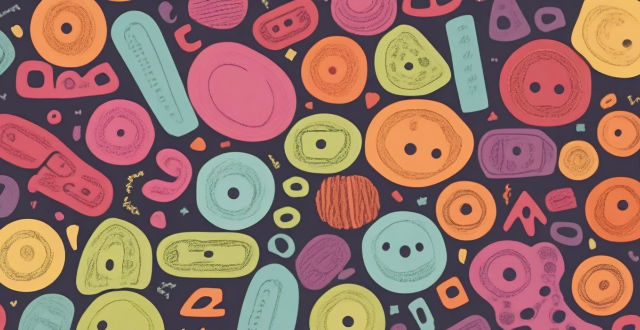AI can provide objective data to support or refute controversial calls in sports by analyzing vast amounts of data, capturing high-resolution images and precise measurements, processing data quickly, and making decisions based on consistent criteria. Examples of AI applications in sports include instant replay reviews, performance tracking, ball trajectory analysis, decision support systems, and bias detection and mitigation. However, challenges such as integration with current systems, human oversight, cost and accessibility, ethics and privacy must be considered to ensure responsible and effective implementation of these technologies.

Can AI Provide Objective Data to Support or Refute Controversial Calls in Sports?
In the world of sports, controversial calls are often made by referees or umpires that can significantly impact the outcome of a game. These calls are subjective and can be influenced by human error, bias, or limitations in perception. As technology advances, the question arises: can Artificial Intelligence (AI) provide objective data to support or refute these controversial calls?
Key Points:
- Objectivity: AI systems can analyze vast amounts of data without being influenced by emotions, fatigue, or biases.
- Precision: Advanced sensors and cameras can capture high-resolution images and precise measurements, providing detailed information for analysis.
- Speed: AI algorithms can process data quickly, allowing for real-time decision support during live events.
- Consistency: AI-driven decisions would be based on consistent criteria, eliminating inconsistencies that arise from human judgment.
- Transparency: The ability to explain how an AI system arrived at its conclusion can help build trust with players, coaches, and fans.
Examples of AI Applications in Sports:
1. Instant Replay Reviews:
- AI can assist in reviewing plays by automatically identifying potential rule violations or incorrect calls.
- Machine learning algorithms can be trained to recognize patterns associated with specific rules, such as offsides in soccer or holding in American football.
2. Performance Tracking:
- Wearable technology and motion capture systems can track player movements, speed, and biometric data.
- This data can be used to determine if a player was offside, out of bounds, or if there was contact during a play.
3. Ball Trajectory Analysis:
- High-speed cameras and sensors can track the path of a ball, helping to determine if it crossed a goal line or if there was a kicking the ball penalty in soccer.
- Computer vision techniques can analyze video footage to detect if a ball was touched by a player's hand in sports where this is prohibited.
4. Decision Support Systems:
- AI can assist officials by providing additional information on close calls, such as whether a catch was completed in football or if a shot clock violation occurred in basketball.
- Virtual lines and overlays can be displayed on replays to show exactly where players were positioned relative to each other.
5. Bias Detection and Mitigation:
- AI can monitor for patterns of bias in officials' calls over time, helping to identify and correct any systematic issues.
- By analyzing historical data, AI could potentially reveal unconscious tendencies that might affect call consistency.
Challenges and Considerations:
- Integration with Current Systems: AI technologies must seamlessly integrate with existing sports infrastructure and regulations.
- Human Oversight: While AI can provide valuable insights, human officials still play a crucial role in interpreting complex situations and understanding context.
- Cost and Accessibility: Deploying advanced AI systems may be expensive and could create disparities between well-funded organizations and those with limited resources.
- Ethics and Privacy: The use of AI raises ethical concerns about privacy, data ownership, and potential misuse of collected information.
In conclusion, while AI has the potential to revolutionize how controversial calls are handled in sports by providing objective data, it is essential to consider the challenges and ensure that these technologies are implemented responsibly and effectively. The collaboration between AI and human officials promises to enhance fairness and accuracy in sports officiating, ultimately contributing to a better sporting experience for all involved.